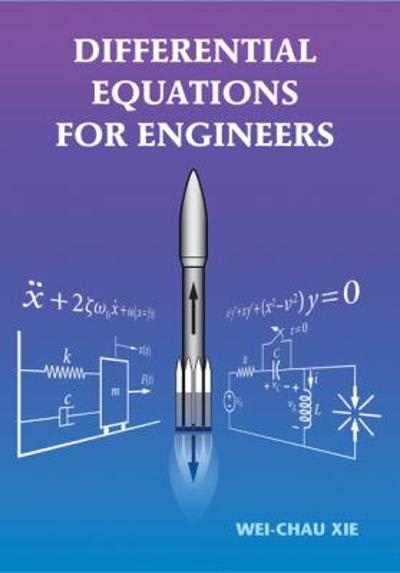Question
1. The P-value in a Chi-square test is the probability of getting a test statistic as extreme or more extreme than that observed, given that
1. The P-value in a Chi-square test is the probability of getting a test statistic as extreme or more extreme than that observed, given that the variables are not related.
2. The P-value is the conditional probability of observing a test statistic as extreme as that observed or more so, given that the null hypothesis is true.
Statement 1 (s1) is a true or false question and Statement 2 (s2) is the definition of the P-value. I was wondering if both Statements 1 and 2 are identical, and just worded differently or different since s1 doesn't state "conditional probability" like s2.
Step by Step Solution
There are 3 Steps involved in it
Step: 1

Get Instant Access to Expert-Tailored Solutions
See step-by-step solutions with expert insights and AI powered tools for academic success
Step: 2

Step: 3

Ace Your Homework with AI
Get the answers you need in no time with our AI-driven, step-by-step assistance
Get Started


